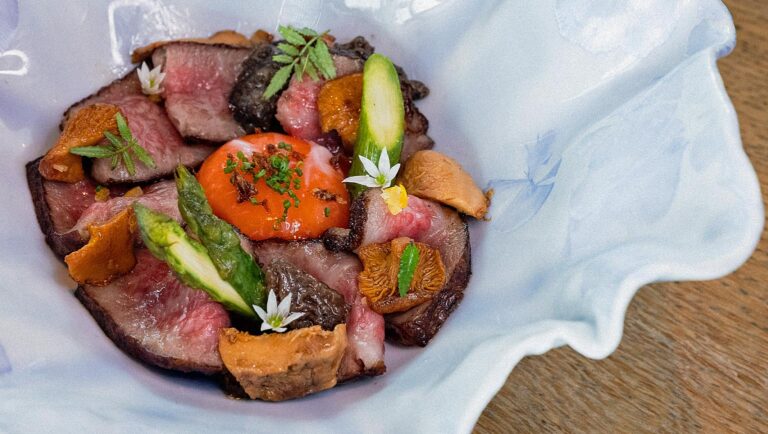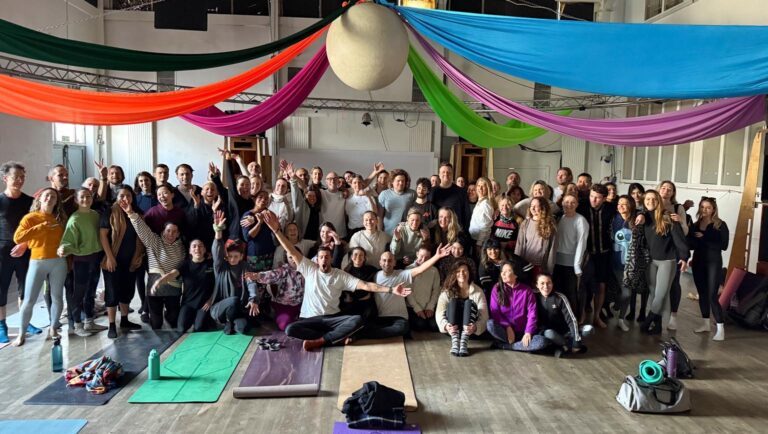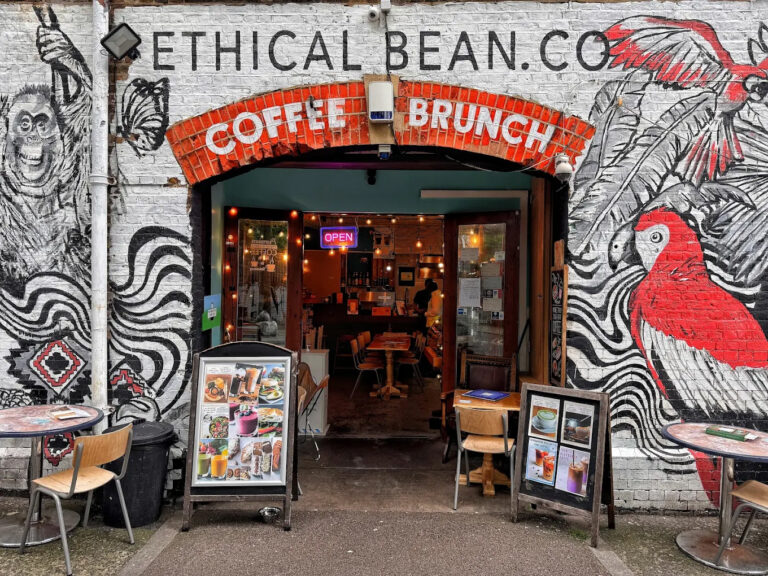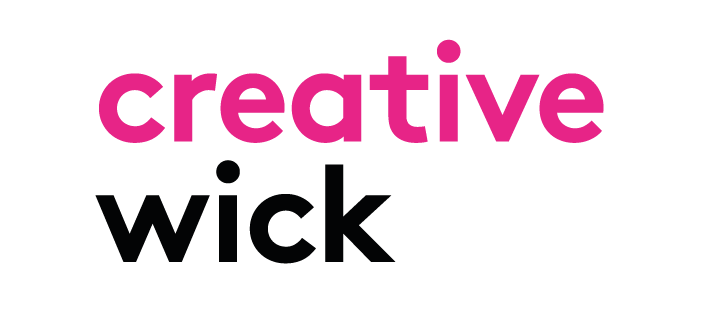
Review: Kokin – tuna meets fire at The Stratford
The new sushi restaurant now at the iconic skyscraper’s 7th floor and terrace
How we do our bit to alleviate the effects of climate change is now at the forefront of many minds, and Hackney Wick is rife with innovative designers making a wide variety of exciting sustainable fashion. These include stunningly high end upcycled leather jackets from ‘The Zur’ all the way through to upcycling workshops courtesy of ‘Love & Salvage,’ as many brands are giving back to the community in a sustainable way, too.
If activism is close to your heart you’ll love the ‘War is Illegal’ project by dancer Mai Nyguen Tri and reggae artist Clapper Priest. For the past seven years they have been upcycling second-hand garments and adding bold prints in intricate layers, creating wearable street art with a powerful message. Inspired by the ‘War is Illegal’ cafe in Berlin they found a home in Hackney Wick’s punk scene. Every weekend you can find their stall at Upmarket on Brick Lane.
Another up-and-coming designer using whatever she can get her hands on including discarded crisp packets is Laura Davies. She started her brand @SaintL’Rong in her spare time during the pandemic to “prove how ridiculous it is that everything goes into landfill and
is poisoning the planet.” Her creative accessories and corsets show how much we can do with these materials that would otherwise be polluting the landscape.
For the more daring out there, @Broke_Boutique is using old tractor inner tubes to make fashion harnesses, the creation of G Golec who has been avidly living off- grid since she was 18. She began using discarded items to create festival stages and took her passion for reusing into fashion, now based out of The Hackney Wick Arts Club. Broke Boutique makes gorgeously bold Mad-Max style harnesses, you would never know they were once inside tractor tires.

How do you think we make sustainability in fashion desirable? Raeburn: I always wanted the company to be design led. Our obligation as a company is to make as many right decisions as possible upfront – from the materials we use to how it’s made, the durability of the product and the free repairs, all of those things that we could put into the product, but ultimately it has to be design led.
Why is disruption a big part of your brand philosophy?
I suppose my biggest fear in anything is that we become too comfortable. That’s such a scary thing that all of a sudden your life disappears and “bam!” you’re done. Maybe your brand works or maybe it doesn’t but you’ve just done enough and maybe you’ve been comfortable. That is a big worry, but the idea of being comfortable with being uncomfortable and challenging things is something cool.
Why have you said that the most radical thing to do would be to not make anything at all?
Part of the collection is called “Raefound”, it’s all unissued military pieces which have never been worn. There are billions of things that are made every year and never used. What could be more radical than making nothing at all? Because all of this stuff is already out there. My good friend Orsola de Castro has an amazing quote which sums it up – “Waste shouldn’t be a word, it’s just things in the wrong place.”

In the modern world we have a problematic view of waste, how do you see the situation at the moment ?
I think now we’re finally turning the tide to people realising that they have got enough stuff. I definitely think if there are any positives to be taken from the global pandemic at least we did all stand still for a minute and went “Oh my god what are we doing?!” Enough people have woken up to their impact and want to improve what they’re doing, especially in fashion.
Now you see lots of innovation happening, going back to common sense. For me, the next ten years are the most important decade we will have as an industry, but also as people as a whole, because if we don’t stop doing what we’ve been doing we’re in big trouble.
I really want to be positive because what excites me about this is you’re having the younger generation driving the agenda and demanding more from brands.
Find out what’s going on at the Lab E20


One of these up and coming local designers driving the agenda is Fran Garajara, an upcycler originally from Chile. She began making clothes to disrupt the system and give back to her community.
What makes the clothes you sell sustainable?
Fran: The system I use to recycle is zero waste-based, so if I recycle something it’s not that I just cut what I need from the garment, I use almost one hundred percent of the garment.
Making your own clothes should be more accessible and you’re doing that with your courses, could you tell us about that?
That’s the idea, I would like to see making or reworking your own clothes become more of a social thing, so just like we might gather to have dinner, we gather to make our outfits for the weekend.
It would be nice to reincorporate these skills back into communities because they’re basics for our daily lives. We all wear clothes and instead of detachment from the people who are already making the garments, you get a bit closer to them.
You can create local economies based on what people make instead of buying from big companies; if we all go back to a tiny scale we can recover ourselves from capitalism.
Fran runs mending workshops. Find her @Y.A.N.G._ or at the Hackney Wick Underground Market.


The new sushi restaurant now at the iconic skyscraper’s 7th floor and terrace

Exploring the health advantages of belonging to something bigger than ourselves

Your timely reminder to go visit these amazing restaurants, bars and cafes this summer while we wait for better bridge access…
A joint venture in collaborative local media from:


In partnership with

Regulated by IMRESSS, the Independent Monitor for the Press CIC.
For more info on our complaints policy, or to make a complaint, visit FAQ.
